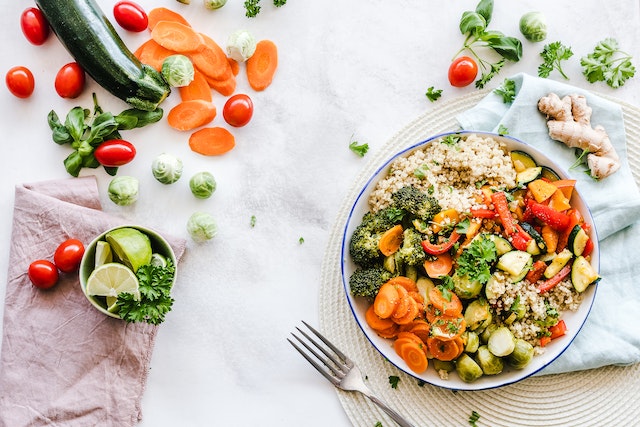Dealing with menopause can be a daunting task for many women. Many of the bodily and hormonal changes can have a tremendous effect on one’s health and how one relates to other people.
Knowing exactly how to take care of your body during menopause, and especially providing it with all the essential nutrients can, however, help reduce any effects of perimenopause and its symptoms.
Knowing what foods to eat, and which to avoid is mandatory to help maintain your body’s balance. Outlined below are the top 3 foods you ought to avoid during menopause.
Foods That Can Contribute to Menopause Symptoms
- Sugar
- Caffeine and Booze
- Processed Foods
Sugar
Sugar is one of the leading cause of weight gain and fatigue among women at menopause. According to research, sugars from processed foods can wreak havoc on your digestive system and send your hormones in disarray.
For this reason, most women start gaining weight as the body stores more of these sugars. It’s stored in the form of fats, which again increases the chances of having hot flashes.
While you should try to avoid foods loaded with processed sugars, it wouldn’t be advisable to go cold turkey. Replacing processed sugars with natural sweeteners such as honey, bananas, or coconut sugar should do the trick.
Caffeine and Booze
While everyone loves their cup of coffee, this could be the reason why you have had numerous hot flashes lately. Coffee is unusually high in caffeine, a stimulant that causes sleeplessness, insomnia, and stress to women over age 45.
Sleeplessness and stress can have a devastating effect on your body causing you to feel fatigued all day long. Reducing your intake of caffeine or caffeinated drinks can however help alleviate some of the symptoms of menopause.
Focusing on foods that help boost moods can help fight off caffeine already in the system. These foods include chicken, fish, fresh fruits, and dark chocolate among others. Peppermint and ginger tea is however recommended for women in during menopause.
Alcohol has an almost similar effect on women, with many of them experiencing severe hot flashes when consuming alcohol. If you have to drink (on special occasions), make sure it doesn’t exceed two bottles.
Processed Foods
Not all foods that come in a nice packaging or container are healthy for you. For instance, candy bars, potato chips, and other processed foods are high in preservatives, processed sugars, and sodium, compounds that only make the condition worse.
Sodium in processed foods causes water retention, which in most instances leads to bloating. These foods also increase the chance of you gaining weight or even becoming obese, as well as trigger hormonal imbalance.
Avoiding foods that cause your body to be stressed, or destabilize hormone balance may be the key to dealing with menopause symptoms.
Other foods you ought to stay away from include fast foods, spicy foods, refined carbohydrates, and fatty meat cuts among several others. Just to be safe, consider switching to a healthy lifestyle by going for organic foods, supplements with natural ingredients, exercising, and most importantly, avoid stress.
In closing
Having the foods discussed above only makes the condition and its symptoms worse. Diet and lifestyle can have a huge effect on your overall health especially during the period of your life. It’s important to know what you are putting into your body and how to set it up for success.


